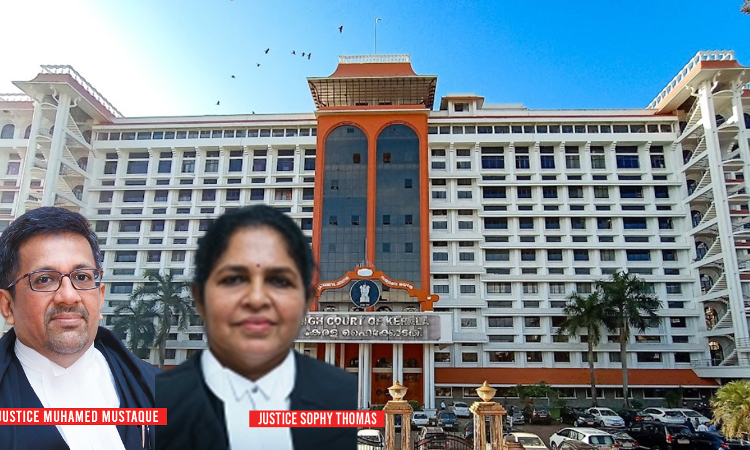The Kerala High Court recently, while setting aside two orders restraining a Muslim man from invoking irrevocable Talaq and from conducting a second marriage, held that the Courts have no role in restraining the parties from invoking their personal law remedies as otherwise, it would be violative of their rights protected under Article 25 of the Constitution of India. Division Bench consisting...

